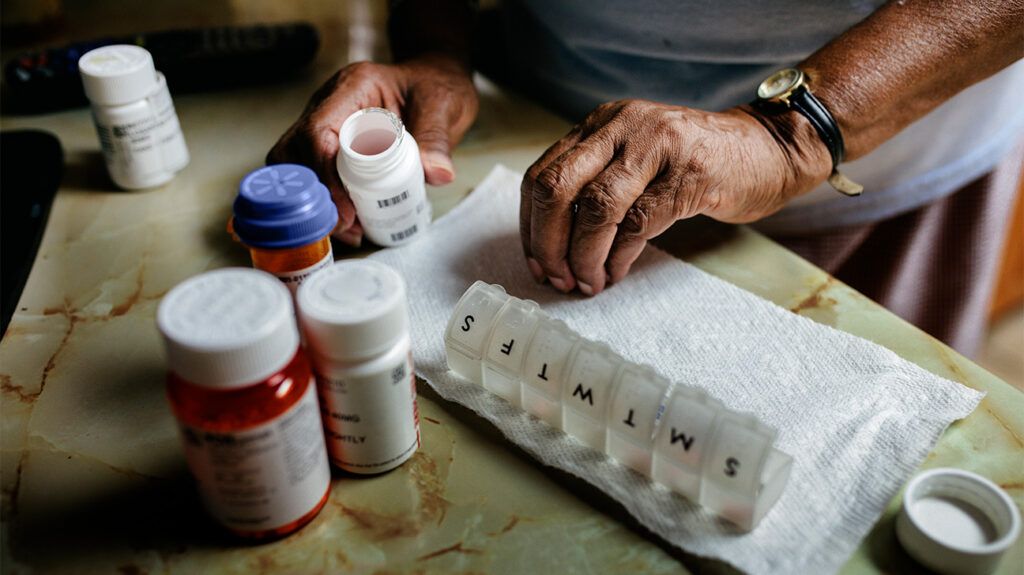A Common Virus Might Enhance Skin Cancer Treatment Effectiveness

A recent study conducted by the University of Oxford has shed light on an intriguing relationship between a common, typically harmless virus and skin cancer treatment outcomes. The research indicates that the presence of Cytomegalovirus (CMV), which infects approximately 50–60% of UK adults and remains dormant in healthy individuals, could positively influence how melanoma patients respond to immunotherapy.
Melanoma, a serious form of skin cancer, can be challenging to treat, especially if not detected early. Immunotherapy has significantly improved survival rates; however, not all patients benefit equally, and some experience resistance or severe side effects such as immune-related complications. The new study, published in Nature Medicine, examined the immune responses of 341 melanoma patients undergoing immunotherapy, focusing on the impact of CMV infection.
The findings revealed that CMV-positive patients responded better to single-drug PD-1 therapy, which works by blocking a protein that suppresses the immune response, enhancing the body's ability to attack cancer cells. These patients also exhibited a lower likelihood of cancer recurrence. Interestingly, CMV infection appeared to delay the progression and spread of melanoma, especially in patients with BRAF mutations, a common genetic change in melanoma.
Furthermore, CMV-positive patients experienced fewer severe side effects from treatment, particularly reducing incidents of colitis. This suggests that testing for CMV status could help personalize treatment plans, maximizing benefits and minimizing risks. The study proposes that CMV stimulates specific T cells, crucial in targeting tumors, which may explain the improved responses and reduced toxicities.
Professor Benjamin Fairfax, leading the research, emphasized the potential clinical importance: understanding CMV's role could guide treatment decisions and improve patient outcomes. The findings also open possibilities for developing new therapies aimed at harnessing the immune-stimulating effects of CMV or similar viral factors.
This pioneering research highlights how a common virus unrelated to cancer may influence both melanoma development and treatment success. More extensive studies are necessary to confirm these results and explore how CMV-based strategies could be integrated into future cancer therapies.
Stay Updated with Mia's Feed
Get the latest health & wellness insights delivered straight to your inbox.
Related Articles
New DIAL Syndrome Identified: Linking DNA Repair Defects to Childhood Cancer and Chemotherapy Response
Scientists have discovered DIAL syndrome, a new hereditary disorder caused by mutations in the DIAPH1 gene, linking faulty DNA repair to increased childhood cancer risk and chemotherapy sensitivity. Early diagnosis could improve personalized treatment strategies.
Public Trust in AI-Generated Health Information Rises in the U.S.
A 2025 survey shows that nearly two-thirds of Americans trust AI-generated health information, highlighting its growing role in online health searches despite concerns about accuracy and reliance on medical professionals.
Can HIV Medications Offer New Hope in Alzheimer's Prevention?
Emerging research indicates that certain HIV medications, especially NRTIs, could significantly lower the risk of developing Alzheimer’s disease. Learn about the science and future prospects of this promising link.
New Menopause Medication Achieves Over 70% Reduction in Hot Flashes in International Study
A recent international study shows that elinzanetant reduces hot flashes by over 70% in postmenopausal women, offering a promising nonhormonal treatment for menopause symptoms.



